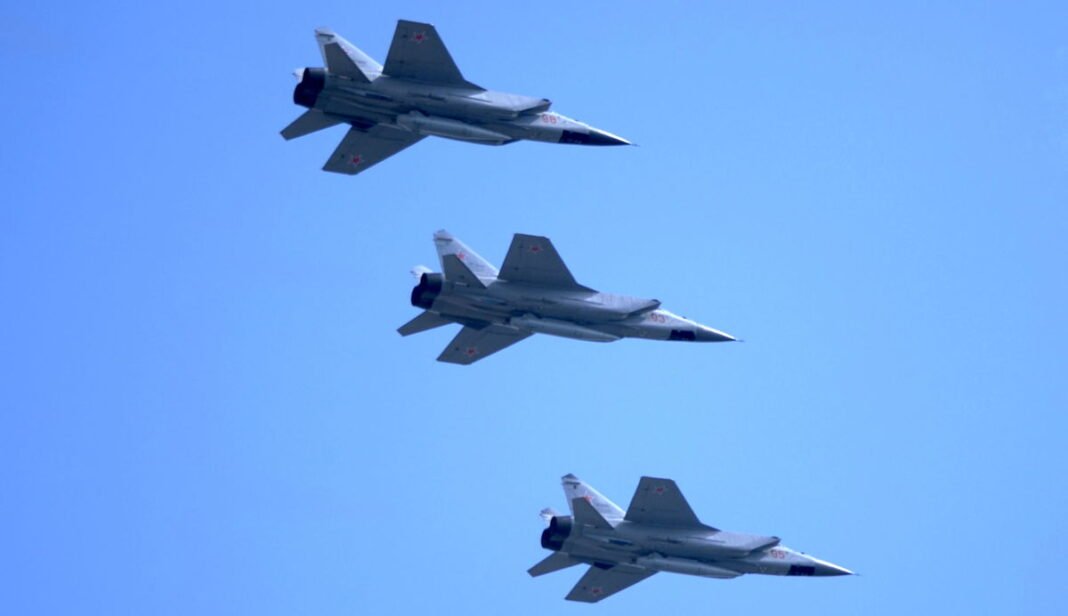NATO forces intercepted three Russian MIG-31 fighter jets that violated Estonian airspace for 12 minutes on Friday, September nineteenth, in Estonian airspace within the Gulf of Finland.
The jet, which may carry Russian Kintzhal high-pitched missiles, reportedly flew in direction of Tallinn, additional increasing tensions between Russia and the NATO alliance.
Estonian International Ministry summoned Russian charities and filed a proper protest, making it the fifth violation of Russia’s Estonian airspace in 2025. Tsuna condemned Russia’s “steady testing of nationwide border management and aggression.” In line with Estonian media, the Italian F-35 was deployed below NATO’s Baltic Air Police mission at ämari and scrambled to defeat the Jets.
Migu is braveer than Estonia, generally known as “a really harmful provocation.”
NATO spokesman Allison Hart referred to as the incident “nonetheless one other instance of reckless Russian motion,” reaffirming the Alliance’s immediate response. EU diplomat and Estonian nationwide Kaja Kallas labelled “a really harmful provocation” in X, highlighting that Russian President Vladimir Putin is testing Western resolve. European Fee President Ursula von der Leyen has pledged a stronger NATO jap flank by saying one thing related.
The intrusion follows a sequence of Russian violations in NATO airspace. Lately, Polish troops have broken 4 of at the very least 20 Russian drones which have invaded the airspace. Polish Prime Minister Donald Tass warned that Poland is near army conflicts at any time since World Battle II. Romania additionally reported that Russian drones briefly entered its airspace after which disappeared from the radar.
Russia and Belarus declare that the drones triggered an accident, however there isn’t a touch upon MIG concerning Estonia
Russia has not commented on the Estonian incident, nevertheless it claims that the Polish drone invasion just isn’t intentional and it claims to impede navigation. Belarus, a Russian ally, repeated this rationalization. In the meantime, Russia and Belarus lately carried out a joint army train in Zapad to simulate and improve the protection towards hypothetical NATO invasions.
A RAF supply stated the 12-minute break-in was “virtually no accident,” and that such a interval recommended intention. British OSCE ambassador Neil Holland referred to as Russia’s actions “deeply involved and reckless.” As NATO strengthens its defenses, the alliance faces a rising menace in countering provocative manipulation alongside the Russian border.
